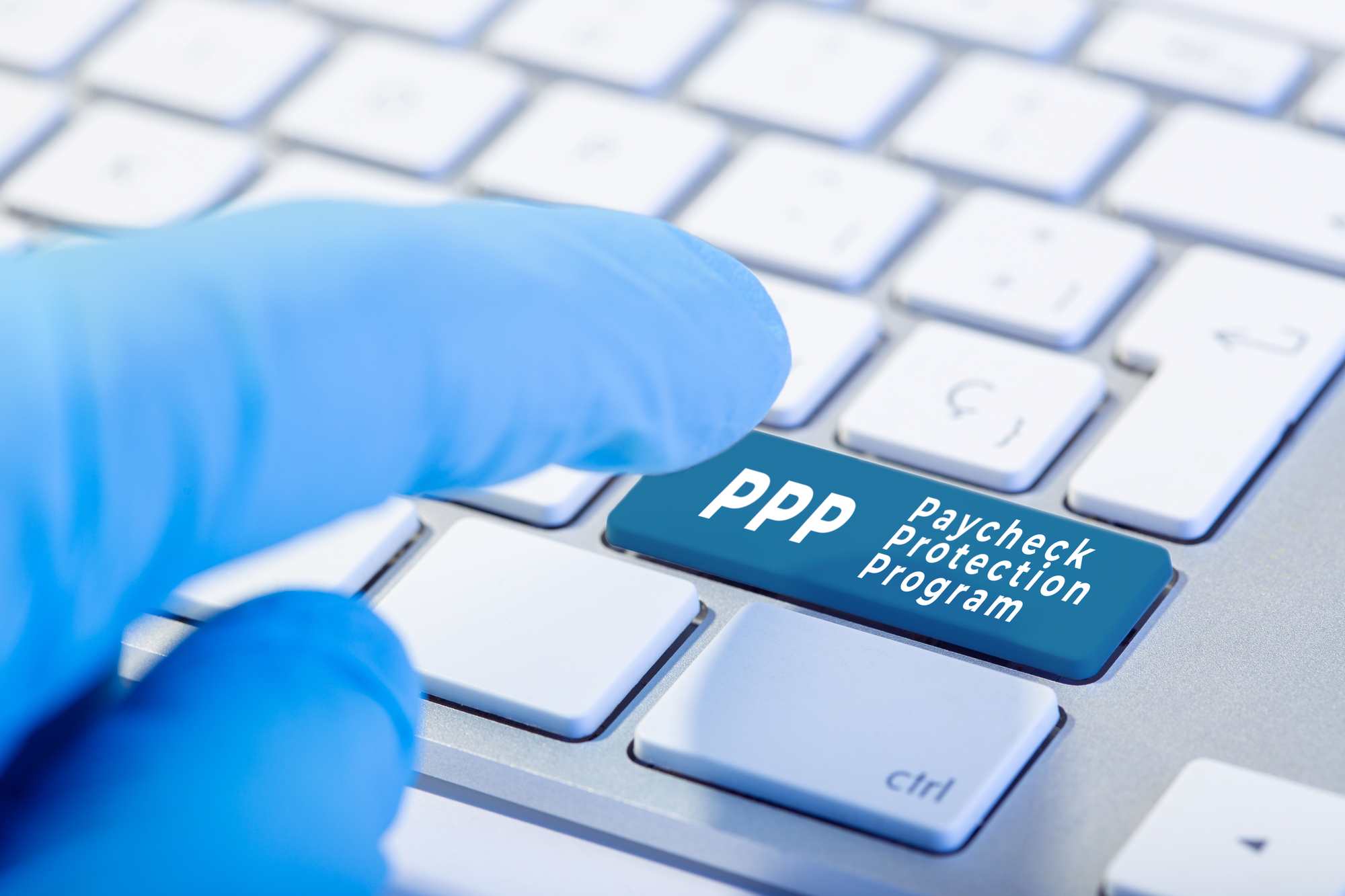Categories
Coronavirus Oversight UncategorizedUpdate July 7, 2020: We have added nearly 5 million Paycheck Protection Program loan records to the Workshop’s Accountability Project website. Names and locations can be searched alongside other public data, including campaign finance, non-profit data, government contracts, lobbyists registration, and more. TAP allows journalists and the public to hold loan lenders and recipients accountable.
On June 19, the Small Business Administration announced the latest in a string of changes regarding the agency’s plans to release detailed data on its Paycheck Protection Program loans. The change comes after months of confusion, which we reported last week. U.S. Treasury Secretary Steve Mnuchin previously told Congress that the SBA had no plans to make public a detailed account of PPP loans, citing confidential and proprietary business information contained in the loan applications.
Going forward, the SBA plans to disclose the business names, addresses, business type, demographic data, nonprofit information ranges starting at $150,000 and ending at $10 million. For loans less than $150,000, the SBA says only aggregate data will be provided.
According to the SBA’s own summary data, more than 85% of loans, accounting for a quarter of all funds, were for an amount less than $150,000. In fact, the average loan amount was $114,000, less than the lowest threshold planned for release by SBA.
“I am pleased that we have been able to reach a bipartisan agreement on disclosure, which will strike the appropriate balance of providing public transparency, while protecting the payroll and personal income information of small businesses, sole proprietors, and independent contractors,” Mnuchin said in a press release.
The reversal came a week after Mnuchin refused to do so during Senate testimony last Monday, prompting condemnation from Minority Leader Chuck Schumer, D-NY, and various watchdog organizations. By the end of the week, a number of additional stories regarding the PPP developed, including on June 18, when the U.S. Department of Justice announced the arrest of an Austin, Texas, man for allegedly defrauding the SBA of more than $2 million using PPP applications for two fictional companies.
“The Paycheck Protection Program was designed to help Americans struggling with financial hardship during the pandemic. Our office will be aggressive in targeting anyone who defrauds this critical program,” John F. Bash, U.S. Attorney for the Western District of Texas, said in a statement.
Then, on the Friday morning before Mnuchin said the agency would be more transparent, The Center for Public Integrity announced it was suing the SBA to force the release of PPP loan recipients.
“Our government is spending billions of dollars to address the impact of the coronavirus pandemic,” The Center’s CEO, Susan Smith Richardson, said. “The public deserves to know who is benefitting and who is not, as the pandemic threatens to worsen inequality in our nation.”
CPI is the latest news organization to file such a suit. The Washington Post, The New York Times and other news organizations filed a joint lawsuit shortly after the PPP began distributing funds in May.
When the SBA releases detailed loan data, the Investigative Reporting Workshop will add it to the Accountability Project.





